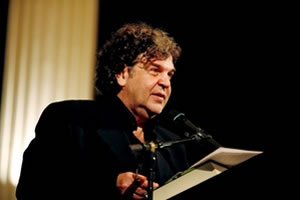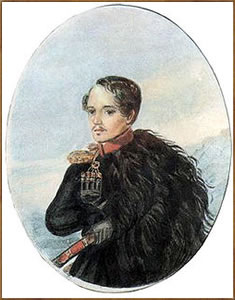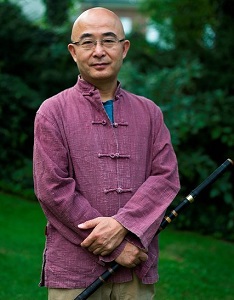De Nederlandse schrijver A. F. Th. van der Heijden werd geboren in Geldrop op 15 oktober 1951. Zie ook alle tags voor A. F.Th. van der Heijden op dit blog.
Uit: Tonio
“Er was die keer dat hii voor me uit de trap afdaalde, terwijl hij lachend iets over zijn schouder zei. Halverwege stond hij opeens stil, zodat ik tegen hem op botste.
‘Dat ik dat toch ooit geweest ben.’
Op ooghoogte hing tegen de muur van de overloop zrjn portret als kaalhoofdige zuigeling, in een gestreept rompertje dwars in
zijn ledikant liggend, met boven zich kleurige houten ringen waaraan hij zich nog moest leren optrekken. Hij keek schuins in
de camera, happend in het dons.
Tonio schudde zijn hoofcl, alsof het een onbezonnen keuze betrof ‘dat daar ooit te zqn geweest’. Jaren eerder had ik in mijn dagboek
genoteerd dat hij, net zo ongelovig zijn hoofd schuddend, had gezegd: ‘Dat ik toch ooit dood zaI gaan.’
(…)
Soms wil ik hem heel dicht tegen me aan houden. De gedachte doet zich meestal voor als ik in bed lig te lezen, en zomaar opeens mijn boek ter zijde leg. Kom maar, zeg ik dan geluidloos. Kom maar, Tonio, onder het dek. Ik zal je warm houden.
Zijn lichaam is willoos, slap, maar niet koud. Het is de Tonio die na de aanrijding op het plaveisel heeft gelegen, een half etmaal voor zijn dood. De inzittenden van de rode Suzuki Swift staan buiten de auto, en durven niet naar het verderop neergekwakte lijf te kijken. De sirenes van politie en ambulance zijn nog niet hoorbaar. Het blauwe geflakker van de zwaailichten moet nog komen. Het is dan dat ik hem opraap en naar mijn bed draag, waarvan ik het dek opensla.
Kom maar. Dicht tegen me aan. Dat zal je warm houden. Ze komen zo om je beter te maken.”

A. F.Th. van der Heijden (Geldrop, 15 oktober 1951)
Lees verder “A. F.Th. van der Heijden, Boualem Sansal, Friedrich Nietzsche”


